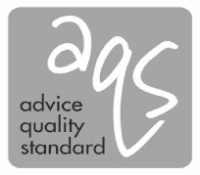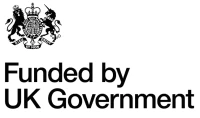
Published

Karen Wilkins
Adult safeguarding week is the week commencing from the 15th of November. Organisations will join together to raise awareness and spark a discussion on important safeguarding issues. Safeguarding is the protection of an adults right to live a life in safety without having to worry about emotional or physical abuse. The six principles of safeguarding were initially introduced in 2011 but were emphasised in The Care Act of 2014. The empowerment principle is all about giving support to adults to make their own choices to better their emotional wellbeing. The prevention principle is dedicated to taking action before any harm occurs and highlights the importance of recognising the signs of abuse and neglect in an adult. The proportionality principle was written to highlight that when safeguarding an adult, the least intrusive response appropriate to the dangers presented is the best option in that situation. The protection principle was included to emphasise the importance of support and representation for adults in need. The partnership principle is a way of reminding safeguarders that you can find local solutions through services working with their communities. Communities have an important role in the safeguarding process in preventing, detecting, and reporting neglect and abuse. The final principle revolves around accountability because when protecting adults who have been abused and neglected, being accountable and transparent in your interactions is imperative.
Adult Safeguarding week allows us to focus on important issues within adult safeguarding practices and make more people aware of adult safeguarding. The goal is to equip organisations and people with the necessary skills required to recognise signs of abuse and neglect and to record and report these safeguarding issues to the right people. Adult Safeguarding is primarily for people aged 18 and over who are considered at risk of emotional abuse and neglect because of their needs for care and support. Some of the key issues that will be touched upon throughout the week include emotional abuse, mental health, language, digital culture, predatory marriages, radicalisation, grooming and exploitation, and how to create a safer organisational culture, online and in person. One of the more important issues is how to create a safer organisational culture. Fostering a safer culture will all depend on how we as individuals take the necessary steps to guarantee that the appropriate policies and procedures are in place which will allow any safeguarding issues that are brought forward to be acknowledged and acted upon effectually. There are many ways in which people can join in throughout adult safeguarding week to help show their support. For example, the Ann Croft trust will be holding a seminar each day during adult safeguarding week to help educate people on the different topics surrounding safeguarding https://www.anncrafttrust.org/events/national-safeguarding-adults-week-2021/.There is also a social media campaign for anyone to join in on ‘#SafeguardingAdultsWeek’.







